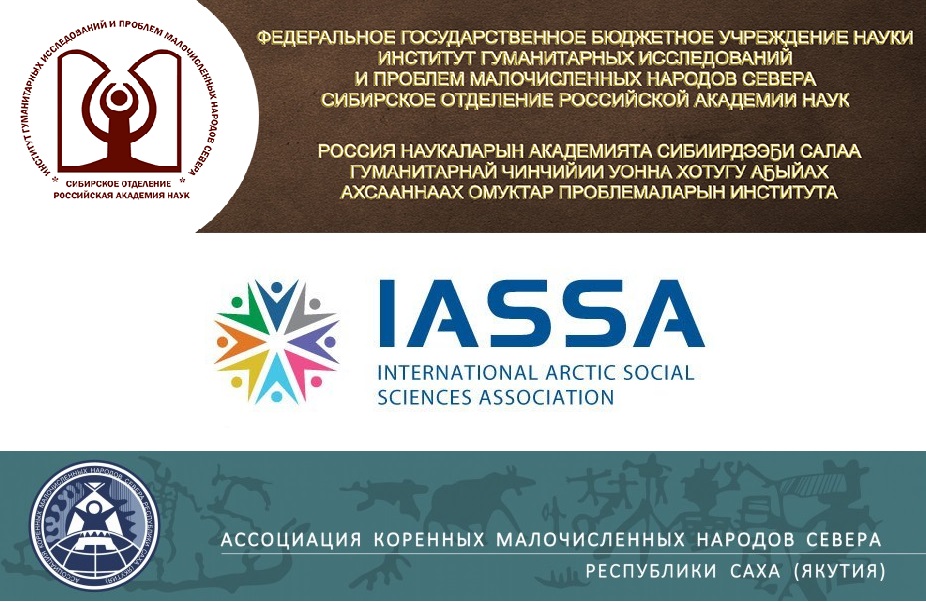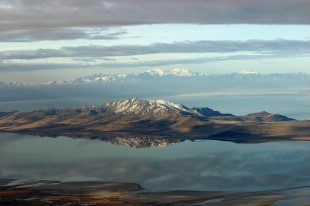News
- Details

"SCHOOL OF LIFE IN THE NORTH"
8th International interregional Olympiad
Registration open
- Details

XIII International Conference "Arctic Frontiers 2019"
January 20-24, Tromsø, Norway
- Details
 The next PAME Working Group Meeting (PAME I-2019) will be held from 4-7 February 2019 at the facilities of Hotel Scandic Triangeln in Malmo, Sweden (address: Triangeln 2 and website:
The next PAME Working Group Meeting (PAME I-2019) will be held from 4-7 February 2019 at the facilities of Hotel Scandic Triangeln in Malmo, Sweden (address: Triangeln 2 and website:
https://www.scandichotels.com/hotels/sweden/malmo/scandic-triangeln.
- Details

For information on the results please follow the links:
Collection of reports:
https://yadi.sk/i/1k6KkraTqdUvBQ
Presentations:
https://yadi.sk/d/qPQ4NBn37CrHtQ
Forum’s photo report:
- Details

Monday, 10 December 2018
ORU Fogar's Regional Good Practices Database
has been expanded with the five practices awarded by the III Award organized in collaboration with the UNDP Art, and the result of which was made public during the closing of the Rabat Assembly.
- Details

The Arctic is changing rapidly as a result of global climate change. Over the past five years, warm Arctic temperatures and large sea-ice deficits (75% loss of sea-ice volume) show contemporary climate states outside of previous experience.
- Details
On December 5-7, 2018 the VIII International Forum "Arctic: Today and the Future" was held in St. Petersburg under the auspices of Interregional Public Organization "Association of Polar Explorers". Northern Forum’s Executive Director Mikhail Pogodaev moderated a panel session “Searching for Stability: International Cooperation in the Arctic” and presented a report titled “Role of International Interregional Cooperation in Ensuring the Sustainable Development of the Arctic: Experience of the Northern Forum”.
- Details

In the frames of the upcoming International Year of Indigenous Languages declared by the United Nations the Institute of Humanitarian Research and Problems of Indigenous Peoples of the North, Russian Academy of Sciences, International Arctic Social Sciences Association (IASSA) and the Association of Indigenous Peoples of the North of Sakha Republic will hold an International Scientific-Practical Conference “Languages of Indigenous Peoples of the North as an Indicator to Sustainable Development in the Arctic” June 27-29, 2019 in Yakutsk, Russia.
- Details

On November 30, Roman Kopin, Governor of Chukotka Autonomous Region, sent a letter of support to former Alaska Governor Bill Walker.
- Details

From November 19 to November 21 in Yakutsk the Scientific and Practical Center Phthisiology, Regional Public Organization Association of Phthisiatricians of the Sakha Republic (Yakutia), with the support of the Ministry of Health of the Sakha Republic (Yakutia), the International Organization of Northern Regions “Northern Forum” and North-Eastern Federal University held an interregional scientific-practical conference “PREVENTION OF DISTRIBUTION OF TUBERCULOSIS INFECTION IN CIRCUMPOLAR REGIONS OF RUSSIA. CURRENT PROBLEMS OF COMBINED INFECTIONS (HIV / TB / Hepatitis)”.
- Details
A regular Round table of the Northern Forum was held on November 27, 2018, with the support of the Government of the Sakha Republic (Yakutia) represented by the Ministry of External Relations and Ethnic Affairs and the Ministry of Entrepreneurship, Trade and Tourism of Sakha Republic (Yakutia).





